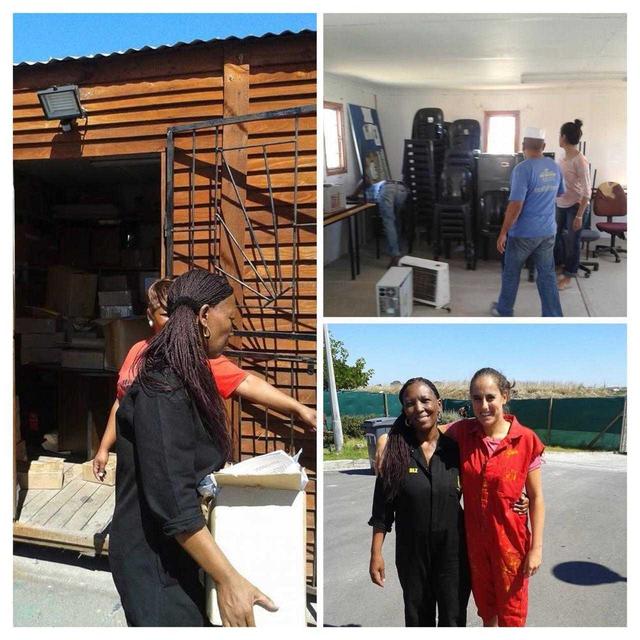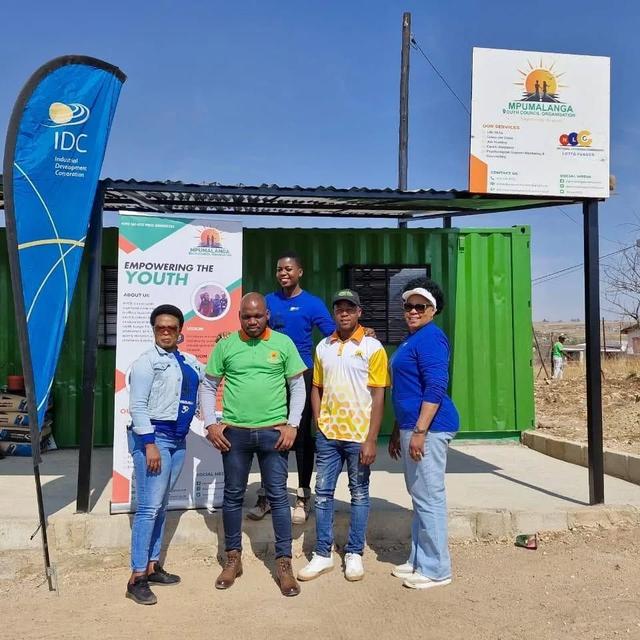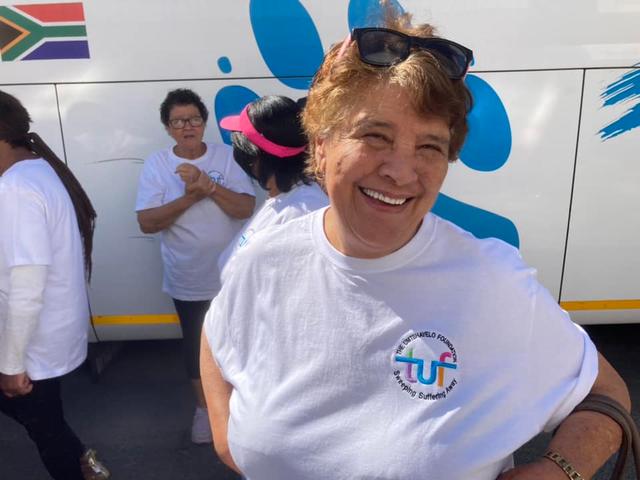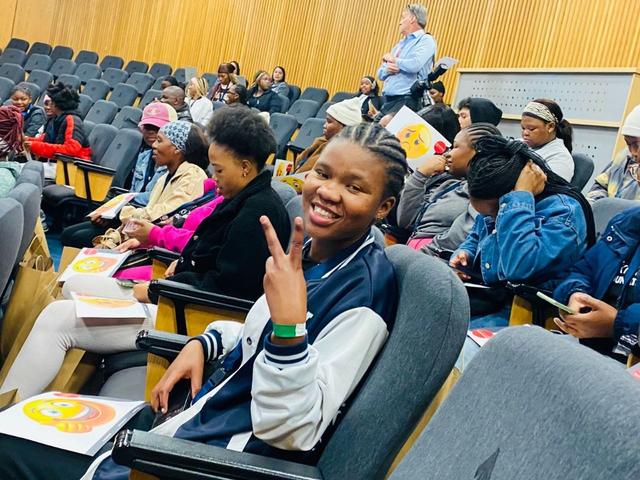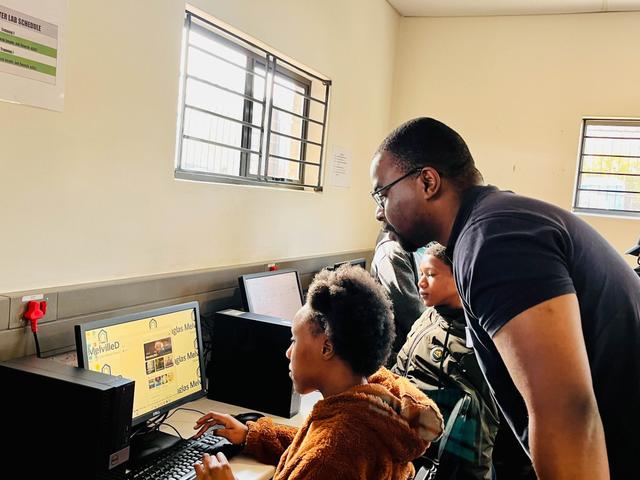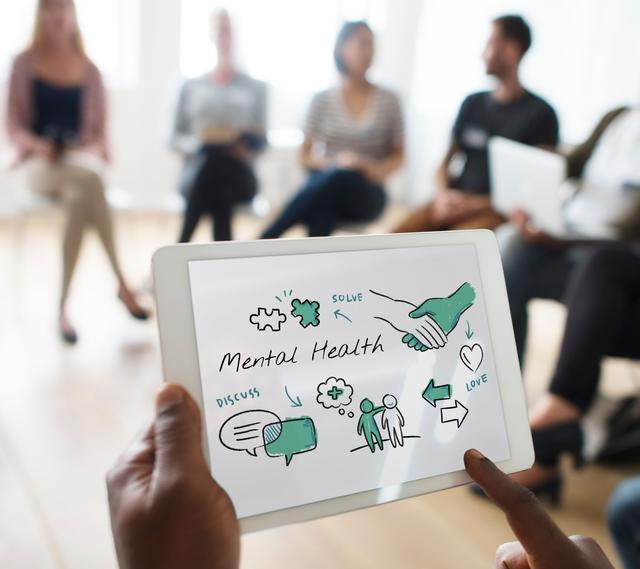
- Home
- Information Centre
- Mental Health In The Ngo Sector
Mental Health in the NGO Sector
Working or volunteering for an NGO is often seen as a calling, a commitment to serving others, often in some of the most challenging environments. But behind the passion and dedication lies a hidden crisis: the mental toll on those who carry the weight of trauma, stress and relentless pressure of the sector.
NGO workers and volunteers frequently witness suffering, injustice and crisis situations first-hand. Whether it’s through them responding to disasters, supporting survivors of violence or working in under-resourced communities.
Over time, this could end up leading to:
- Chronic stress and burnout – The constant demand to "do more with less" drains energy and motivation.
- Secondary trauma – Repeated exposure to others' pain can create symptoms similar to PTSD.
- Anxiety and depression – The pressure to meet targets, secure funding and manage crises can be overwhelming.
But the impact doesn’t just stop at work. Many NGO workers find that their mental strain spills into their personal lives-sleepless nights, emotional exhaustion and even strained relationships with loved ones at times.
One of the cruel ironies of the NGO sector is that those who dedicate their lives to helping others often struggle to access help themselves. Long hours, limited budgets, and sometimes the stigma around mental health mean many suffer in silence.
Some common challenges include:
- No time for self-care – When you’re focused on saving lives, taking a break feels selfish.
- Lack of accessible mental health support – Many NGOs don’t have employee wellness programmes.
- Financial constraints –Therapy is expensive and free services are often overstretched.
Even in tough times, help is out there. Many organisations now offer free or discounted mental health services-for your team and your mission. Support is within reach!
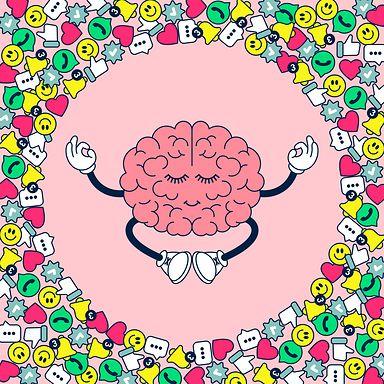
Where to find support across Africa
If you’re an NGO worker or volunteer struggling with mental health, you are not alone-and help is available.
South Africa
NPOwer SA – A mental health hub for NGO professionals offering free resources, support groups, and webinars. They host a monthly webinar every second Friday from 12:00 to 13:00, covering coping strategies for stress, trauma, and burnout. Visit www.npower.org.za for details.
SADAG (South African Depression and Anxiety Group) – Free counselling via WhatsApp (076 882 2775) or their 24-hour helpline (0800 456 789).
Lifeline South Africa – Confidential support at 0861 322 322.
Botswana
Botswana Network for Mental Health – Provides referrals to counsellors and support groups. Contact +267 390 7654.
Lefika La Phodiso – Community-based trauma support. Email info@lefika.org.bw.
Côte d'Ivoire
SOS Suicide Côte d'Ivoire – Free crisis support at +225 22 40 44 40.
Association Ivoirienne pour la Promotion de la Santé Mentale – Offers low-cost counselling in Abidjan.
Ghana
Mental Health Authority Ghana – National helpline: 020 681 4666.
MindFreedom Ghana – Advocacy and peer support. Visit www.mindfreedomghana.org.
Kenya
Befrienders Kenya – Call +254 722 178 177 for free emotional support.
Chiromo Hospital Group – Sliding-scale therapy services.
Malawi
Saint John of God Hospitaller Services – Mental health support in Mzuzu and Lilongwe. Phone +265 1 310 622.
Malawi Counsellors Association – Referrals to certified counsellors.
Namibia
Psychosocial Support Centre Namibia – Trauma counselling at +264 61 232 362.
LifeLine/ChildLine Namibia – 24/7 helpline: 106 (toll-free).
Tanzania
Ifakara Health Institute – Community mental health programmes.
Tanzania Depression and Anxiety Foundation – WhatsApp support: +255 786 360 360.
Zimbabwe
Friendship Bench – Community-based counselling. Find them at www.friendshipbenchzimbabwe.org.
Zimbabwe National Association for Mental Health – Advocacy and referrals.
It’s important that NGOs prioritise the wellbeing of their teams. This means:
✅ Normalising mental health discussions – Create safe spaces for staff to share struggles.
✅ Providing access to free or affordable counselling – Partner with mental health organisations.
✅ Encouraging real work-life balance – Respect off-hours and promote self-care.
If you’re reading this as an NGO leader, ask yourself: Are we doing enough to protect those who spend their lives protecting others?
And if you’re an NGO worker feeling the weight of it all-reach out. You don’t have to carry this alone.
You cannot pour from an empty cup. Caring for yourself is not a luxury but a necessity!
